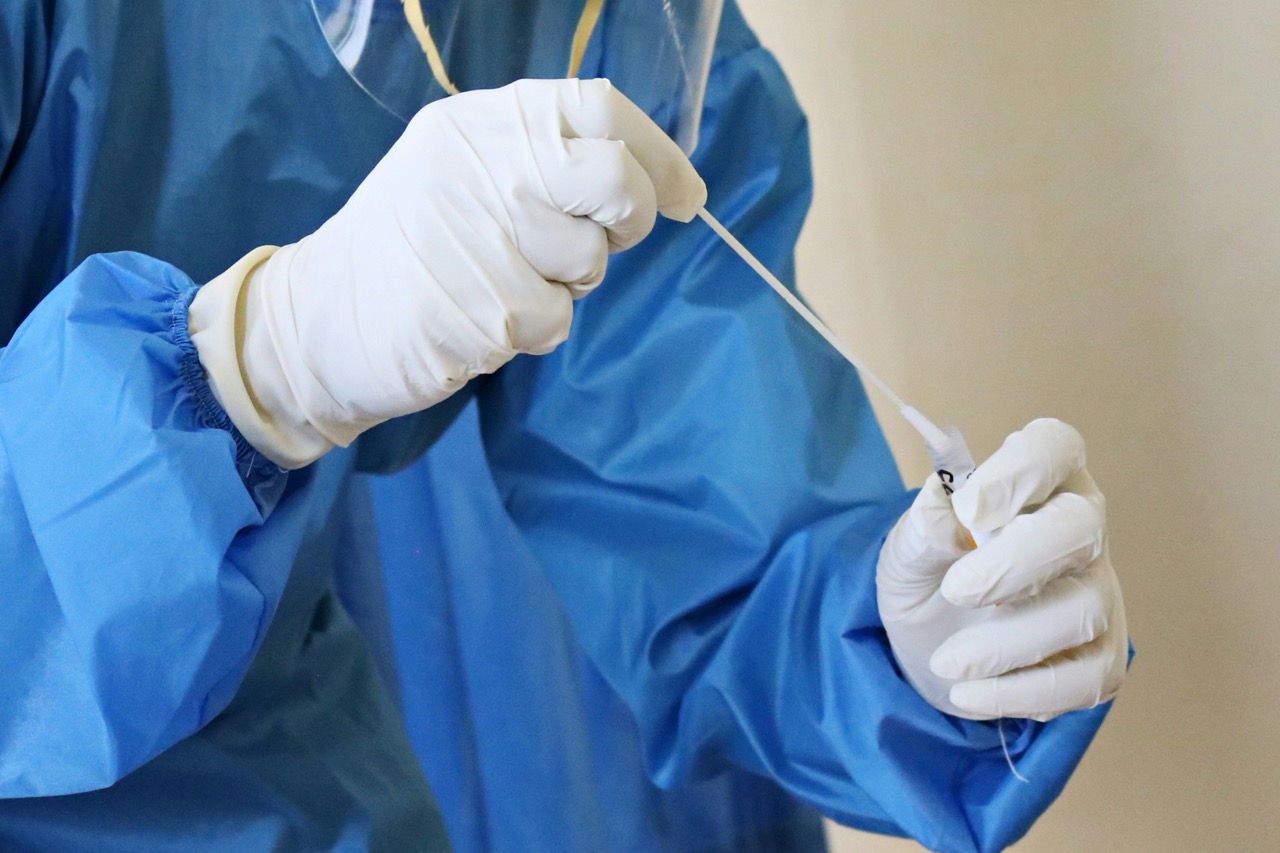Traveling abroad can be an enriching experience filled with new cultures, perspectives, and interactions. However, it also poses unique challenges to maintaining sexual health. Understanding the complexities surrounding sexual health in international contexts is crucial for ensuring a safe and enjoyable journey. This article provides essential tips for travelers to stay sexually healthy while exploring new destinations.
Understanding Sexual Health in International Travel Contexts
Sexual health encompasses a broad range of factors, including the prevention of sexually transmitted infections (STIs), access to contraception, and the ability to make informed choices about sexual activity. When traveling internationally, varying healthcare standards, cultural norms, and legal regulations can significantly influence one’s sexual health experience. It is essential to recognize that what may be considered acceptable or safe in one country may not be in another. Therefore, awareness of the local context is key to making informed decisions.
Additionally, sexual health extends beyond mere physical health to include emotional and psychological well-being. Travelers should be mindful of their mental health and how cultural stigma around sexuality may affect their experiences abroad. Preparing for potential emotional challenges can enhance the overall travel experience and facilitate healthier interactions with local communities.
Assessing Risks: Cultural Attitudes Towards Sexuality Abroad
Cultural attitudes towards sexuality vary widely across the globe, influencing social interactions and personal safety. In some regions, open discussions about sexual health are commonplace, while in others, such topics may be considered taboo. Understanding these cultural nuances is vital for travelers, as they can impact how individuals express themselves and engage with others. It is advisable to research the destination’s cultural attitudes toward sexuality to better navigate social situations and avoid misunderstandings.
Furthermore, travelers must recognize that local laws and regulations regarding sexual behavior can also differ significantly. Some countries may impose strict penalties for actions that are deemed inappropriate, even if those actions are considered acceptable in the traveler’s home country. Awareness of these legalities not only fosters respect for local customs but also contributes to a safer travel experience.
Pre-Travel Preparations for Sexual Health Awareness
Prior to embarking on an international trip, travelers should engage in thorough research regarding sexual health resources and risks in their destination. This includes understanding prevalent STIs, access to healthcare facilities, and available contraceptive methods. Travelers should also review personal health insurance coverage to determine if it includes provisions for sexual health services abroad. Such preparations can help individuals feel more empowered and informed as they navigate their sexual health while traveling.
Additionally, incorporating discussions about sexual health into pre-travel planning can be beneficial, particularly for those traveling in groups or as couples. Open communication about expectations, boundaries, and health concerns can promote mutual respect and understanding, ultimately enhancing the travel experience. This proactive approach can mitigate potential risks and foster a safe environment for sexual activities.
Essential Vaccinations and Health Consultations Before Travel
Before traveling internationally, it is crucial to consult with a healthcare provider regarding recommended vaccinations and preventive measures for specific regions. Certain vaccines, such as those for hepatitis A, hepatitis B, and human papillomavirus (HPV), can significantly reduce the risk of disease transmission. A thorough health consultation can also identify any individualized health concerns that need to be addressed prior to travel.
Travelers should prioritize obtaining vaccinations well in advance, as some may require multiple doses or take time to become effective. Additionally, being well-informed about local health issues, such as the prevalence of STIs in the destination, can further inform vaccination choices and preventive measures. Staying up to date on health requirements will contribute to a safer and more enjoyable travel experience.
Packing Wisely: Essential Sexual Health Supplies to Bring
When preparing for international travel, it is essential to pack a comprehensive sexual health kit. This kit should include personal items such as condoms, dental dams, and any necessary contraceptives, as well as lubricants that are compatible with the chosen protection. While many pharmacies carry these items worldwide, availability and quality can vary, making it prudent to bring a sufficient supply to cover the duration of the trip.
Moreover, travelers should consider including health-related documentation in their pack, such as records of vaccinations and any necessary prescriptions. This information can be invaluable in case of a medical emergency or if local health facilities are required. Packing wisely ensures that travelers are prepared for unexpected situations while prioritizing their sexual health needs abroad.
Navigating Local Laws and Regulations on Sexual Health
Understanding local laws surrounding sexual health is critical when traveling to new destinations. Each country possesses its own legal framework governing sexual conduct, including age of consent, sex work, and the use of contraceptives. Familiarizing oneself with these laws is essential to avoid legal repercussions and to promote ethical interactions with local populations.
Additionally, travelers should be aware of the rights afforded to them as visitors in foreign countries. This includes understanding how to report violations of rights related to sexual health and what resources are available for support. Being informed about local regulations not only contributes to personal safety but also fosters respect for the cultural environment of the host country.
Communicating Consent: Language Barriers and Cultural Nuances
Consent is a fundamental aspect of any sexual interaction, yet language barriers can complicate communication in foreign countries. Travelers should prioritize open dialogue about consent, ensuring that all parties understand and agree on boundaries. Learning key phrases in the local language related to consent can be beneficial, as it demonstrates respect for the culture and facilitates clearer communication.
It is also essential to recognize that cultural interpretations of consent may differ significantly. What is considered consensual behavior in one culture may not be perceived the same way in another. Therefore, being sensitive to these cultural nuances while maintaining clear and respectful communication is vital for ensuring a safe and enjoyable experience.
Safe Practices: Using Protection While Traveling
Using protection during sexual encounters is an essential practice for maintaining sexual health while traveling. Condoms remain one of the most effective methods for reducing the risk of STIs and unintended pregnancies. Travelers should be diligent about carrying a sufficient supply of condoms, ensuring they are stored properly to maintain efficacy.
Importantly, travelers must also advocate for their own sexual health by asserting the necessity of protection during encounters. This may involve discussing preferences with partners and ensuring that both parties are on the same page regarding safe practices. Proactive communication about protection can foster a healthier and more responsible approach to sexual activities while traveling.
Accessing Sexual Health Resources in Foreign Countries
Accessing sexual health resources in a foreign country can be a daunting task, especially for those unfamiliar with the local healthcare landscape. Before traveling, it is advisable to research available resources, such as clinics, hospitals, and NGOs, that provide sexual health services. Many countries have specific facilities dedicated to sexual and reproductive health, which may offer confidential consultations, STI testing, and contraception.
In addition, travelers can seek assistance through local embassies or consulates, which often maintain lists of recommended healthcare providers. Utilizing technology, such as health apps or websites, can also aid in finding nearby resources. Having a concrete plan for accessing sexual health services will enhance a traveler’s sense of security and preparedness.
Recognizing and Responding to Sexual Health Emergencies
Recognizing the signs of sexual health emergencies, such as symptoms of STIs or complications arising from contraceptive use, is crucial while traveling. Travelers should be aware of common symptoms, such as unusual discharge, pain during intercourse, or fever, and seek immediate medical attention if they arise. Being vigilant and proactive about health can prevent minor issues from escalating into serious concerns.
In the event of a sexual health emergency, having a plan in place can alleviate stress. This includes knowing how to locate medical facilities, understanding local healthcare practices, and having a backup for language translation if necessary. Responding promptly and effectively to health emergencies will ensure that travelers can prioritize their well-being and continue to enjoy their travels.
Post-Travel Health Check: Monitoring and Reporting Issues
After returning from an international trip, it is advisable for travelers to undergo a post-travel health check, particularly if they engaged in sexual activities. This may involve routine screenings for STIs and discussions with a healthcare provider about any concerns or symptoms experienced during the trip. Early detection and treatment of potential issues can mitigate long-term health risks.
Additionally, travelers should consider reporting any health issues related to their travels to public health authorities, especially if they believe they may have contracted an STI. Sharing information on travel-related health concerns can contribute to broader public health efforts and help others stay informed about potential risks.
Resources for Continued Sexual Health Education and Support
Continued education and support regarding sexual health are vital for all travelers. Many organizations and online platforms offer resources for enhancing sexual health knowledge, including information on safe practices, STI prevention, and reproductive health. Engaging with these resources can provide travelers with ongoing support and empower them to make informed decisions.
Moreover, joining community groups or forums focused on sexual health can foster connections with others who share similar experiences. These platforms can serve as valuable spaces for sharing information, addressing concerns, and obtaining advice from peers. Staying connected to a network of support is essential for maintaining sexual health awareness long after the journey concludes.
Traveling abroad offers unique opportunities for personal growth and cultural exploration, but it also requires proactive measures to maintain sexual health. By understanding the complexities of sexual health in international contexts and preparing accordingly, travelers can navigate their experiences with confidence. This commitment to sexual health will not only enhance individual well-being but also promote respectful and informed interactions with others, ultimately contributing to a safer and more fulfilling travel experience.










